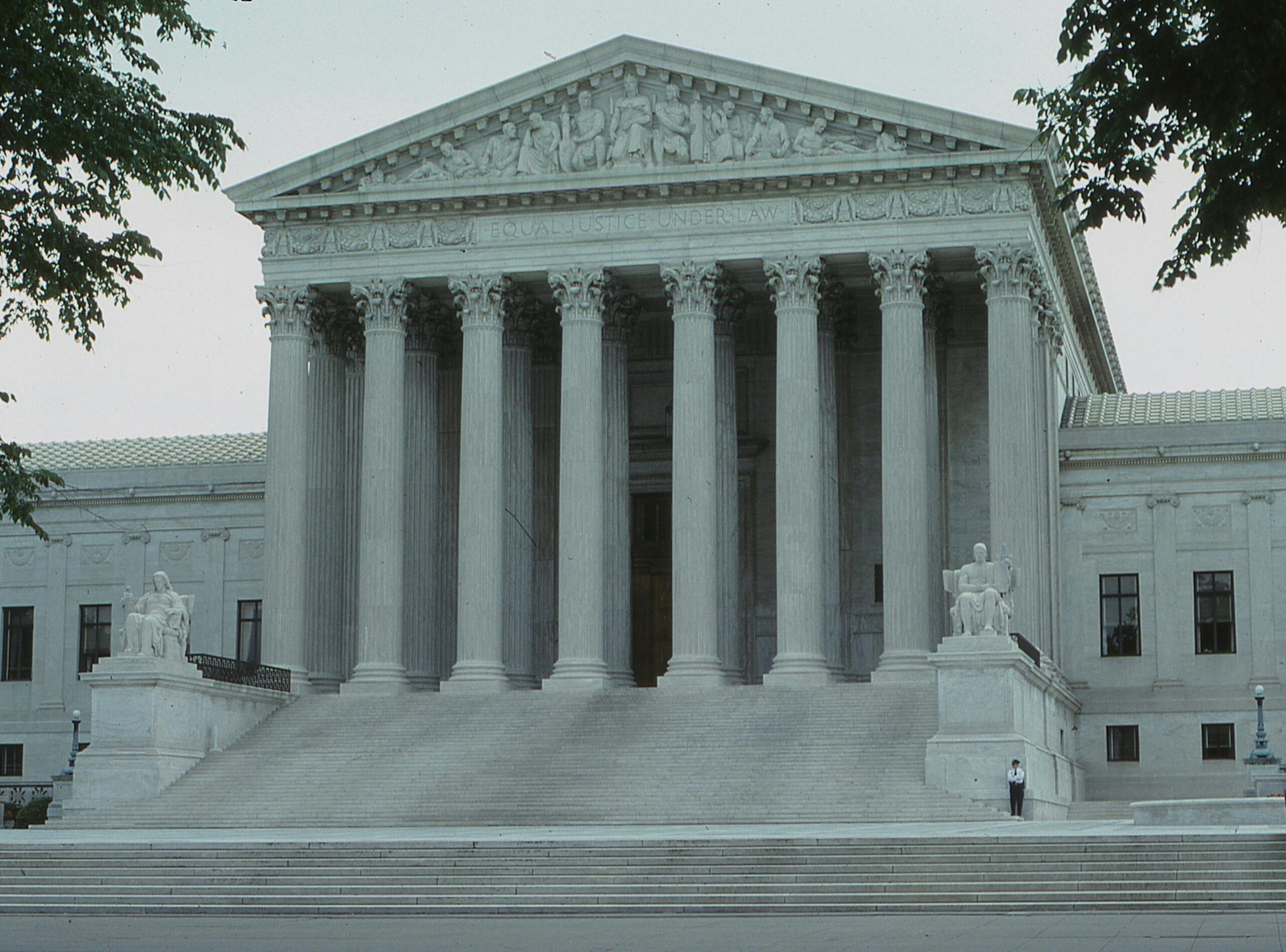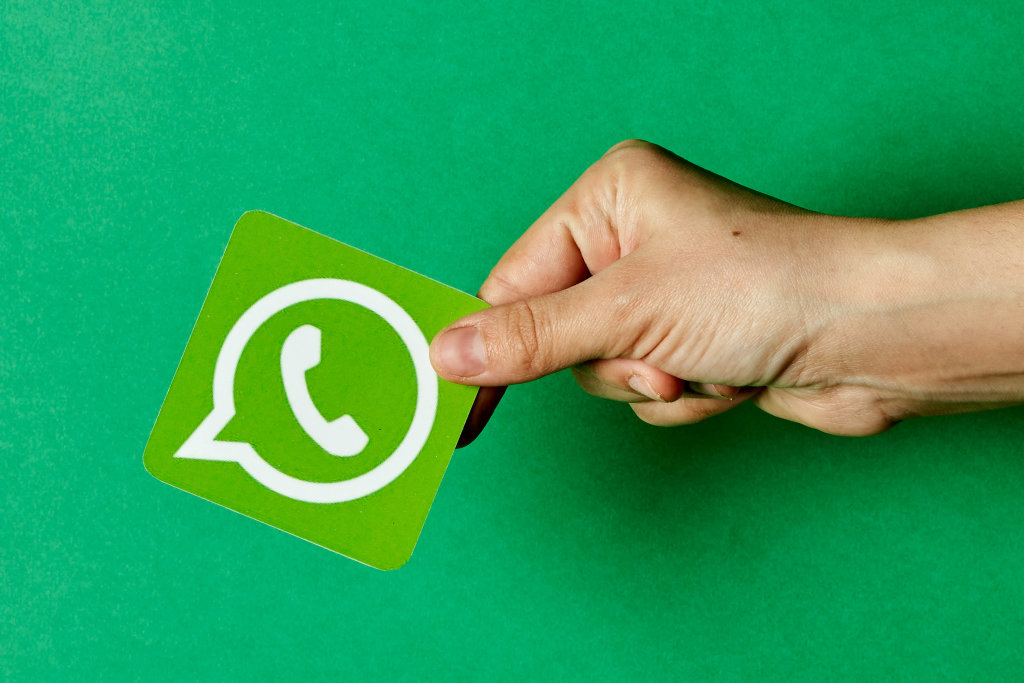The U.S. House of Representatives’ top cybersecurity official has prohibited the use of WhatsApp on government-issued devices assigned to its staff. A memo, reported by Reuters, cites potential security risks related to the app.
Security Concerns Highlighted
According to the memo, WhatsApp was deemed “high risk” due to concerns over transparency in protecting user data, the absence of encryption for stored data, and other possible vulnerabilities. As a result, staff members are advised to use alternative messaging apps like Signal, iMessage, FaceTime, and Microsoft Teams.
Meta disclosed in January that it had disrupted a hacking campaign targeting approximately 90 WhatsApp users, including journalists. The cyberattack was traced back to Paragon Solutions, an Israeli spyware firm recently acquired by American private equity firm AE Industrial Partners.
Further reports indicate that governments of Australia, Canada, Cyprus, Denmark, Israel, and Singapore are among Paragon’s likely customers.
In response, Meta issued a statement strongly disagreeing with the House’s assessment. The company emphasized that WhatsApp messages are end-to-end encrypted by default, meaning that only the message recipients can access the content—not even WhatsApp itself. Meta claimed this level of security surpasses that of many apps approved by the House Cybersecurity Office.
What The Author Thinks
While the House’s caution in protecting sensitive government communications is understandable, outright banning WhatsApp may overlook its robust end-to-end encryption that many consider among the strongest in the industry. The challenge lies in balancing security risks from potential metadata exposure and spyware attacks with the benefits of privacy encryption. Rather than outright bans, a more nuanced approach—such as enhanced monitoring and strict usage policies—might better safeguard government data without limiting staff communication tools.










